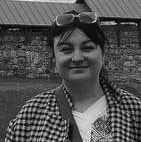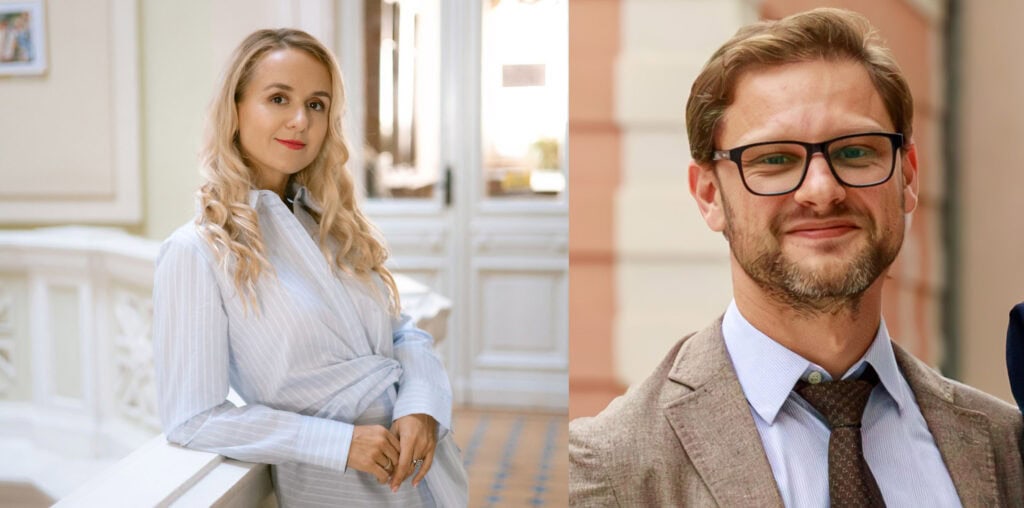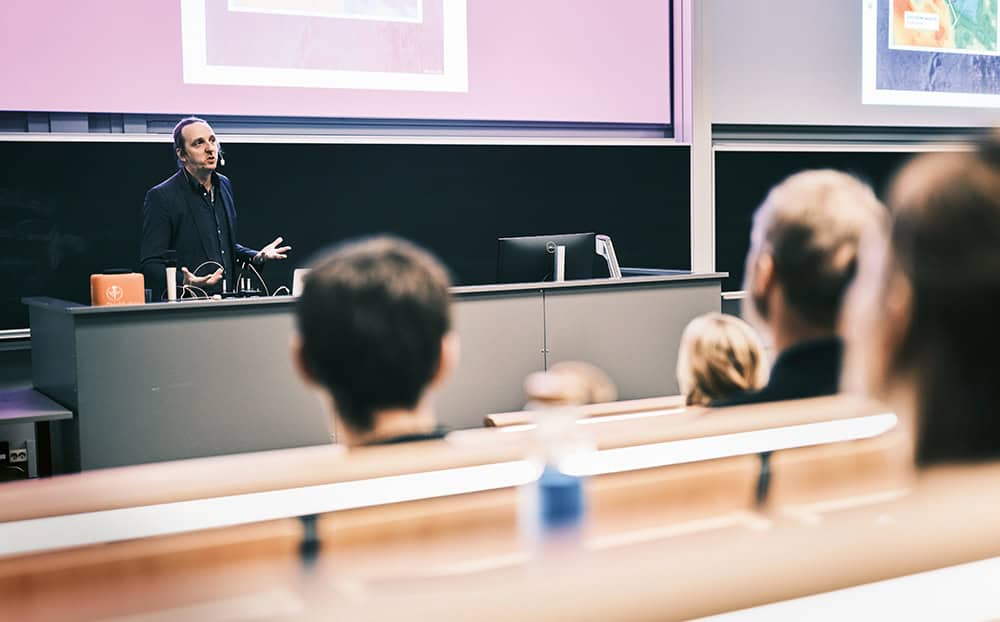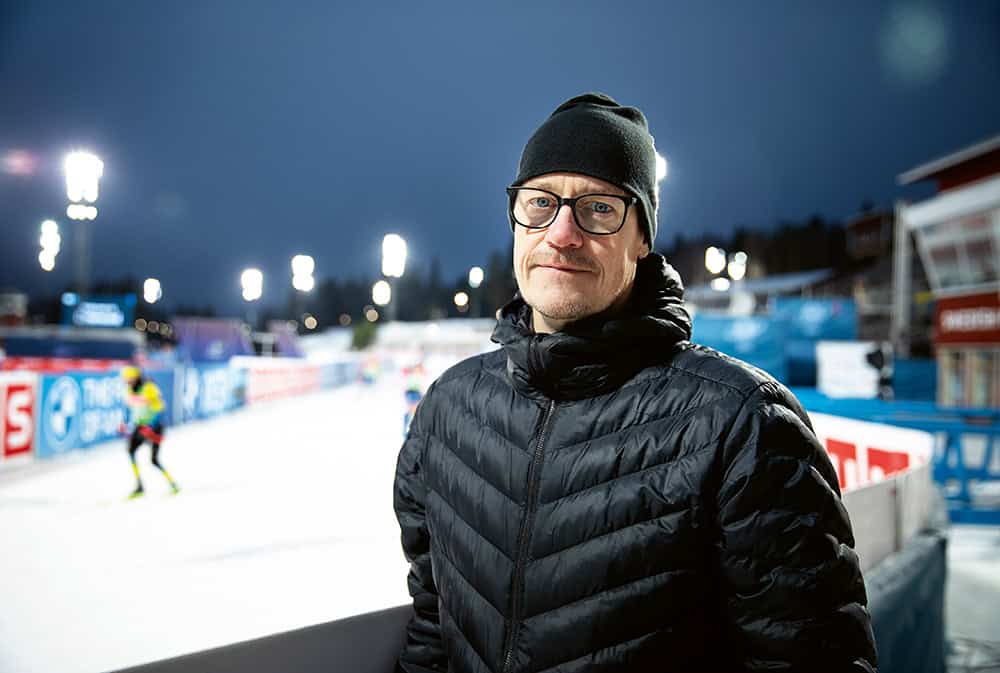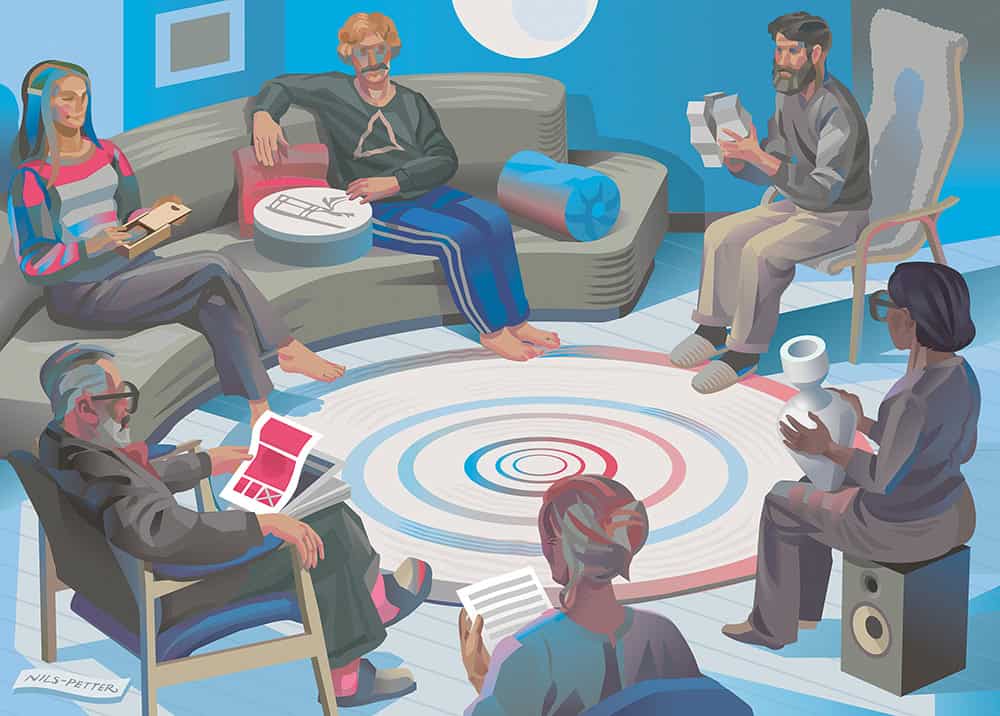On 24 February, my life and that of all Ukrainians changed. The war, which unfortunately we had expected but until that date believed would not happen, started. At first, we all were shocked. The city I live in was not shelled that morning, but the news from other Ukrainian cities was terrifying.
As we had been using distance learning before the war broke out, this meant that our students were in the different regions of Ukraine, and the first task for us lecturers was to find out if they were safe and alive. I contacted the heads of the groups with whom I had classes to ensure that they were ok, and luckily all of them were safe.
The second very important thing was to contact my friends and colleagues from Mariupol State University. When I called them, they informed me that they were under shelling, hiding in basements, but were at least safe and alive. I asked them if there was any possibility for them to leave, but they said that they were not planning to leave. As they later explained to me when they managed to escape to Lviv, they did not even imagine that such horrible things would happen to them. They thought that only eastern part of the city would be shelled, as happened in 2014-2015. But the reality was completely different. The horrors they had to go through are just impossible to describe and imagine, especially in the 21st century.
“We all had to work out what we needed to do – escape or stay, how to go on working and living and what to expect.”
Our university, like all the universities in Ukraine, announced a temporary (two week) break in the educational programmes. We all had to work out what we needed to do – escape or stay, how to go on working and living and what to expect.
I decided to stay in Lviv and help in any way I can. Together with my friends and colleagues, we have been doing volunteer work – helping refugees, collecting and sending humanitarian aid to different cities, (Kharkiv, Mykolaiv and others), talking to journalists (online and in person) in order to explain what is going on. Having contacts with military personnel, we started collecting money in order to buy them necessary equipment which unfortunately they lacked. Such volunteering has also helped me not to follow the news all the time and give a feeling of living.
After 2 weeks, the educational programmes at the university were restarted and meeting the students online brought real joy. I was extremely happy to see many of them, though not all could join the classes –some were on their way from dangerous places, some were volunteering, others have joined the Ukrainian armed forces. It was recommended by university authorities to have a flexible approach towards students, mainly in case some for the aforementioned reasons cannot attend classes but would like to have some individual assignments, so the lecturers have to contact and agree these with each student individually.
“We have decided to prepare an article on Ukrainian information resilience in the face of Russian aggression.”
Regarding my research, at first it was impossible to concentrate on any research work. All my thoughts were focused on the front line and battlefields, but after 2 or 3 weeks I pulled myself together and decided that I have to continue with my research as well. Together with my colleague from Mariupol University, we have decided to prepare an article on Ukrainian information resilience in the face of Russian aggression (national and regional dimensions). The main focus areas of the article are: how information resilience in Ukraine was transformed during the two phases of Russian aggression; the role of the state and civil society in this transformation; how the conceptual principles of information resilience are implemented; and, finally, the challenges to information resilience and security during the Russian offensive on Mariupol. We believe that this topic will be interesting for a wide range of readers.
More than 2 months into the war… life still goes on. We don’t make long term plans, as anything could happen, but we all believe in the victory of Ukraine and the whole democratic world. I am happy that I can work, that I am alive and that my city is not being shelled constantly. My students also give me great motivation to carry on working. They are our future, and that future will be brilliant and peaceful!
Marianna Krasavina,
associate professor of International Relations
Ivan Franko National University of Lviv
